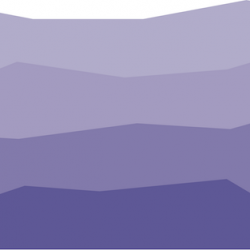Happy Friday everyone! Today, we’re discussing human productivity and the efficiency of an experimental four-day work week.
Earlier this year, a firm in New Zealand ran an experiment where it let its employees work four days a week while being paid for five. Employees chose which day of the week to take off, and the experiment resulted in more well-rested employees, better work-life balance, and limited distractions, with no change in productivity despite the shorter work hours.
The article begs the question as to the efficiency of a 40-hour work week. Of course, everyone is different, but this experiment showed that people were able to recognize inefficiencies and correct them to work smarter, not necessarily harder.
It’s vital for us as employees to recognize times that we’re doing quality work and times when we’re not. It’s difficult (maybe even impossible) to be 100% productive, all day, every day; and it’s also essential for us to take breaks. So what’s the perfect balance?
Honestly, there isn’t one universal answer. Everyone works differently, and this experiment ran well because employees had the ability to choose which extra day they took off, allowing them to optimize their time in the office and take well-deserved breaks when they needed it. But besides being bored or feeling sluggish, how do we know when we’re not productive?
Some may be familiar with the term “flow”: in other words, it’s the state of being in the zone, when one is fully immersed in an activity and has full focus and enjoyment in the process. There are, of course, varying stages between boredom and flow, and we often don’t work at a flow state for eight hours a day. But achieving a flow rhythm might reduce the time it takes to complete a task; for example, a task that might take four hours in a non-flow state might take two in flow.
There’s no real answer to achieving flow since everyone works differently. But the experiment of a four-day work week and the results it produced imply that individuals are able to deduce their own inefficiencies and make themselves better. At Steelray, we continually strive for personal betterment, in and out of the workplace, because we believe that the drive to learn and excel is what makes us remarkable people with really cool software.
Do you think you’d excel with a four-day work week? What day would you take off? How can we measure our productivity to know if we’re getting better or worse?
